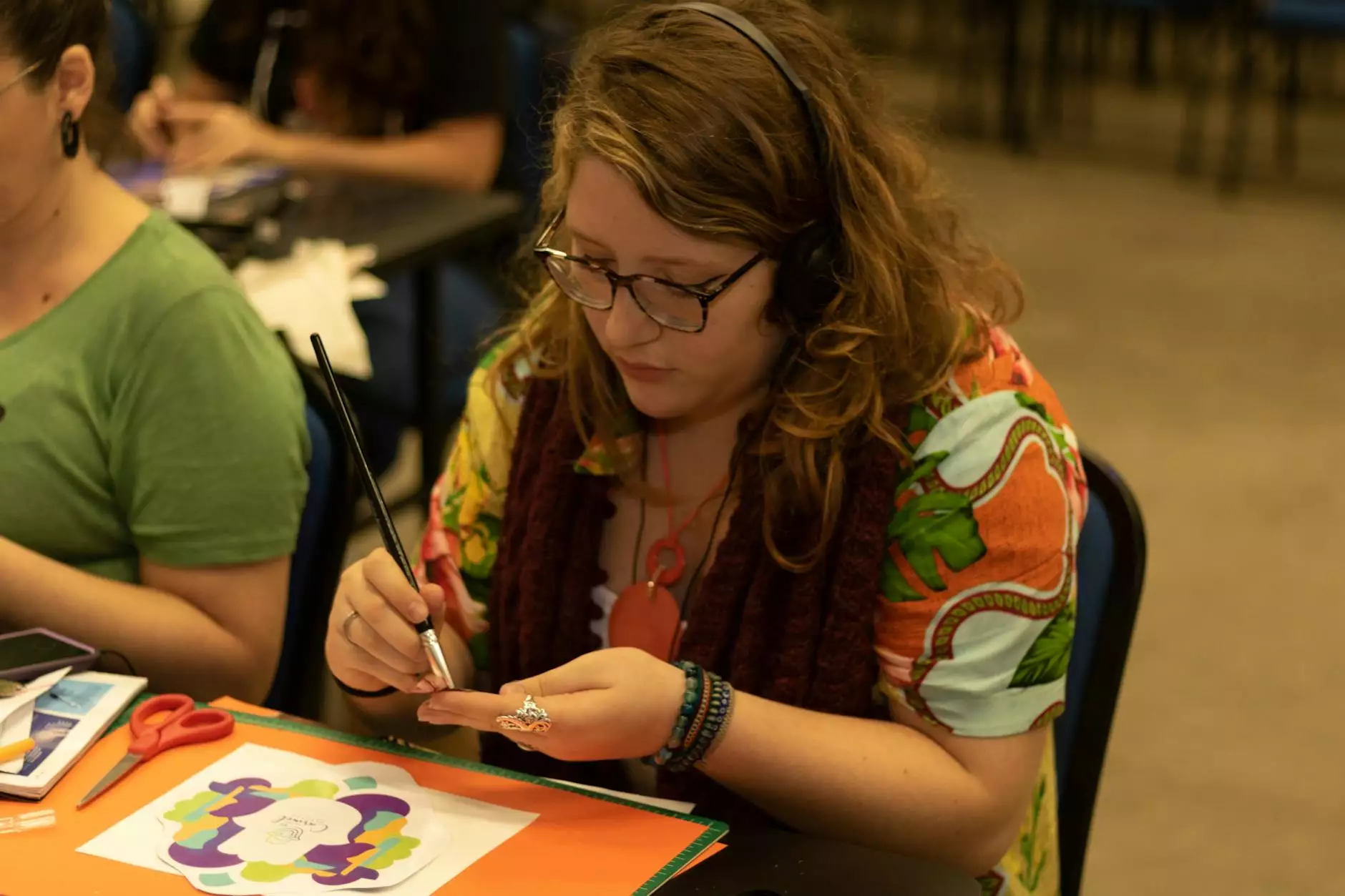What's The Difference Between CURE and HEAL
English Vocabulary Lessons
Introduction
Welcome to NJCLT's comprehensive vocabulary lesson on the distinction between 'cure' and 'heal' in the English language. In this lesson, we will explore the subtle nuances between these two words, providing a deep understanding of their meanings and usage.
Understanding 'Cure'
When we talk about 'cure,' we refer to the process of treating or relieving a disease, illness, or condition completely. It implies the elimination of the problem or the restoration of health to its original state. The focus is on finding a solution that eradicates the ailment or returns the person to their former healthy state.
For instance, when someone has a bacterial infection and takes a course of antibiotics, the medication eliminates the bacteria, curing the infection. In this case, the cure addresses the direct cause of the health issue, ensuring a complete recovery.
Exploring 'Heal'
'Heal,' on the other hand, suggests a broader approach to well-being, encompassing physical, emotional, and spiritual aspects. It focuses on the process of gradually recovering and restoring balance, rather than simply eradicating a specific condition.
Healing involves improving the overall state of an individual, not just addressing a specific ailment. It can include a variety of methods such as medical treatment, therapy, self-care, or holistic practices, depending on the context.
The Key Differences
While 'cure' is more closely associated with the resolution of a specific problem or condition, 'heal' considers a broader and more holistic approach to well-being. Let's explore the key differences between them:
Cure:
- Cure often refers to the complete elimination of a specific ailment or condition.
- It focuses on finding a solution that eradicates the root cause.
- Cure implies returning to a previous healthy state.
- It is typically associated with medical or scientific approaches.
- Cure is more immediate and goal-oriented.
Heal:
- Heal emphasizes a gradual process of recovery and well-being.
- It addresses physical, emotional, and spiritual aspects.
- Heal goes beyond a specific ailment, aiming to improve overall state.
- It can involve various methods, including medical, therapeutic, or holistic approaches.
- Healing takes time and often involves personal growth.
Examples of Usage
Let's take a look at a few examples to solidify our understanding:
1. Cure:
John underwent surgery, which successfully cured his appendicitis. Now, he is fully recovered and feels no pain or discomfort.
2. Heal:
Mary engaged in therapy sessions to heal her emotional wounds from the past. Through this process, she gradually gained confidence and developed a positive outlook on life.
Conclusion
Understanding the difference between 'cure' and 'heal' allows us to communicate more effectively and appreciate the nuances of the English language. As you continue to expand your vocabulary, remember that NJCLT is here to support your language learning journey. Happy learning!










